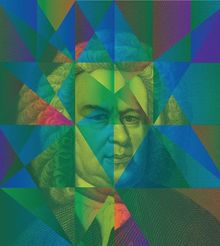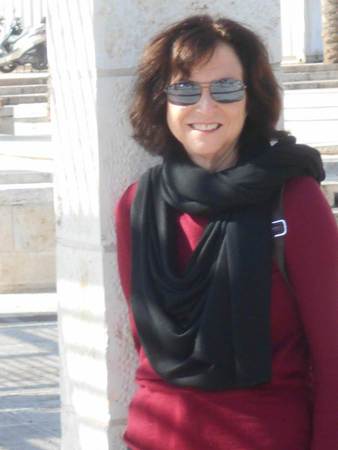 Interview with Professor Ellen T. Charry Ahead of her appearance as a guest speaker on April 26, 2017 as part of the "1734-1735: A Season in the Life of J.S. Bach" series. Q: The theology behind Bach’s music has come through in so many different ways, and we know it played a large role in his daily life. How does the formal principle of the Reformation“sola scriptura, sola gratia, sola fide” (scripture alone, grace alone, faith alone) come through in Bach’s choral music? What impact does it have on the emotion of his music? EC: The libretti of Bach’s sacred choral music encompass more than a strict construction that these Lutheran slogans would suggest. The words are richer than simply citations from scripture probing the emotional life of believers, often assumed to be speakers of the lyrics or members of the audience receiving the music. Indeed, despite the terse phrasing of this signature summary of Luther’s teaching none of the major leaders of the Protestant Reformation movements abandoned the first four ecumenical councils of the church that established Christianity’s two central doctrines, the Trinity and the Incarnation. That is despite sola scriptura tradition is also a central feature of Protestant belief. Q: How Bach’s theology effects the way he composes music? EC: Bach often reads texts musically. Sepultus est, Resurrexit, Ruht wohl and other key words are frequently enacted musically so that the listener is buried with, raised with, and finally rests with Christ; emotionally synchronized with the events being portrayed. Q: What kind of influence has Bach’s music made on your personal life and your work? EC: Bach’s music has had a profound influence on my life although I am not musically trained. It was listening to the Brandenburg Concerti that enabled me to grasp modernity. The Chaconne in D minor confronts me with the depth of my soul. The Easter Oratorio enables me to be in the story in ways that even escape other liturgies. Bach’s genius is utterly incomparable and no one can resist its power. Q: Is there any personal greeting you would like to share with the audience ahead of your talk at the series? EC: Many disciplines and fields of endeavor are competitive and therefore drive people apart. Music is one of the only art forms that crosses linguistic, cultural, ideological, and economic divisions to unify people, enabling them to be touched by the noblest sentiments of the human mind and heart. Interviewed by Kalee Shomo and Inna Heasley.
2 Comments
12/9/2020 04:36:35 am
Theology is a subject that I often flunked when I was in college. I believe that it is definitely a must that we try to be better people. There are those who just have no idea what it means to enjoy the life that we have here. If you ask me, there are people who are just there to pass, but they do not understand what theology is all about. I am here because I want to learn about it from you.
Reply
Leave a Reply. |

 RSS Feed
RSS Feed